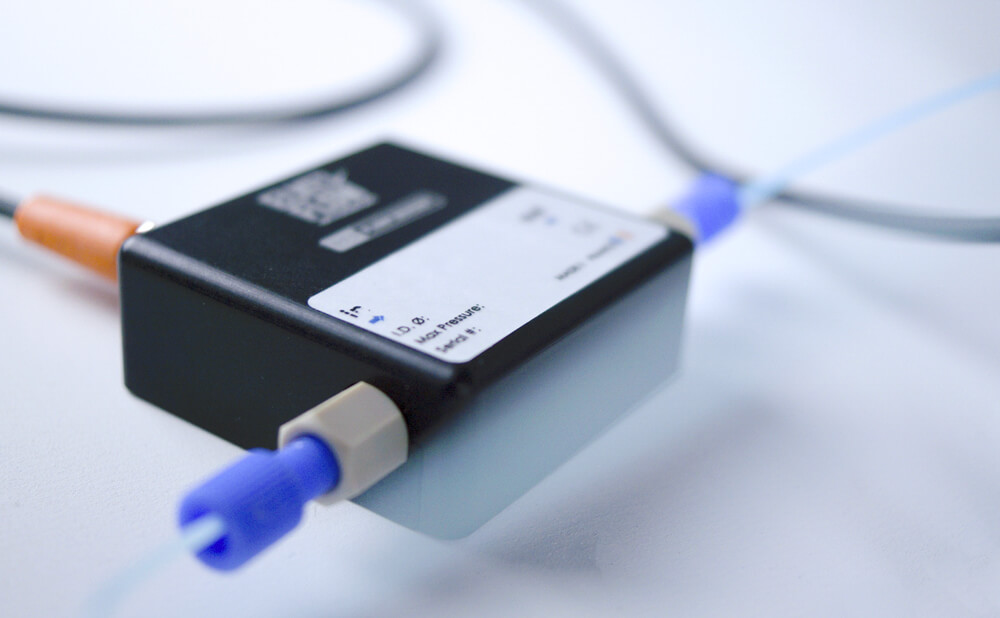There are a number of different reasons why you might be looking for the right fluid control sensor. You might be in the midst of performing maintenance or some other repair on an HVAC system, or perhaps you are about to open your own brewery and you want only the best parts for your equipment.
No matter what your reason for searching for an adequate fluid control sensor may be, the last thing you want to do is have one installed only to have it malfunction in a year’s time. Here are the top things you should look for when choosing a fluid control sensor.
Consider What the Sensor Will Be Used For
The first thing you will want to do as you begin your search for the right liquid level sensor is what type of fluid you will need your equipment to monitor. It is a good idea to find a liquid level sensor manufacturer who offers a range of products. The reason for this is that different liquids will possess different buoyancy properties and will therefore need a sensor that has been manufactured to suit the specific properties of that liquid.
Other things you should bear in mind concern the potential for movement and temperature alterations within the vessel that you will be using the sensor. Some sensors are more sensitive to vibrations and temperature changes than others. If the container in which you will be mounting the sensor is going to be experiencing such changes on a regular basis, then you should select a product that is designed to handle it.
Look at the Conditions Surrounding the Fluid
Environmental factors will also come into play when you are looking to find the right fluid sensor for your purposes. Some things you will want to think about include whether or not the sensor you will be installing will be in direct contact with the fluid you wish to monitor. This will heavily impact the type of monitor or sensor you end up selecting.
Some sensors, like floats, work by floating on top of the surface of the liquid you are monitoring. While fairly versatile, these sensors obviously cannot be used when you are working with corrosive materials that would damage the sensor over time. With such fluids, you would be better served by a sensor that uses sound waves or echoes in order to monitor your levels.
Pressure is also a factor that you will need to be mindful of. Will the fluid you are monitoring need to be stored at a certain pressure level? If so, this might affect the reliability of the sensor that you are looking into. In such cases where the pressure would be too much for the sensor to handle, then you will likely not be able to go with one that works like a float. Such instances generally require an ultrasonic level sensor as well.
As long as you keep in mind the factors that will surround the environment in which your liquid will be stored and measured, you should be able to find the perfect sensor for your purposes.


